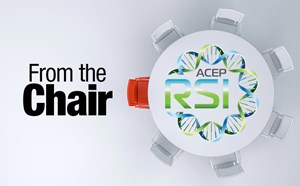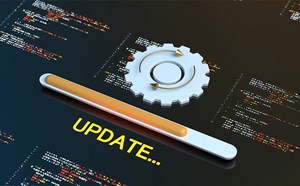
Scholarly Activity
Scholarly activity is central to the mission and vision of the RSI Section.
Our efforts at the 2018 ACEP Council meeting – to propose a resolution regarding scholarly activity – was not adopted. However, through our various discussions, it was clear that the ideas in that resolution are very important for the Section. Feedback from the resolution provided for a better discussion about the different definitions of “research” and how what really mattered was scholarly activity. In response to this rich discussion, we changed the name of the Section in 2018 from the “Research Section” to the “Research, Scholarly Activity, and Innovation” (RSI) Section, which is more inclusive and reflects the broader definition of scholarly activity.
At our Section meeting at the 2018 ACEP Scientific Assembly, several members decided to write a commentary offering different choices of scholarly activity and comparing their pros and cons. The idea behind this paper is to provide a resource for all ACEP members – from those at academic medical centers to those in community-based institutions. The goal is to bridge the gap between academic institutions and community institutions in terms of scholarly activity by giving everyone the means and methods of scholarly activity, with guidance and encouragement about what might fit within their local infrastructure.
Over the past 3 months, several members of the RSI section have drafted the commentary using the models of scholarly activity provided in the education literature. The draft will be distributed amongst the key stakeholders identified at the October 2018 Section meeting and in follow-up discussions. These key stakeholders include myself, Wayne Bond Lau, James D’Etienne, James Miner, Gentry Wilkerson, Carlos Camargo, J.T. Finnell, Loren Rives, Alex Janke, Marna Greenberg, and Vicken Totten. The final draft of the manuscript will be sent to the ACEP Board for review in Spring 2019. Once the commentary is approved, we will submit it for publication and develop other approaches to disseminate the ideas therein.



